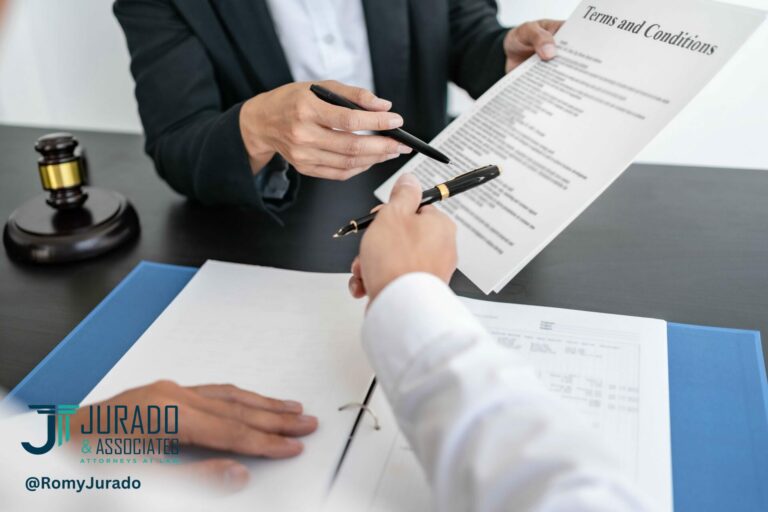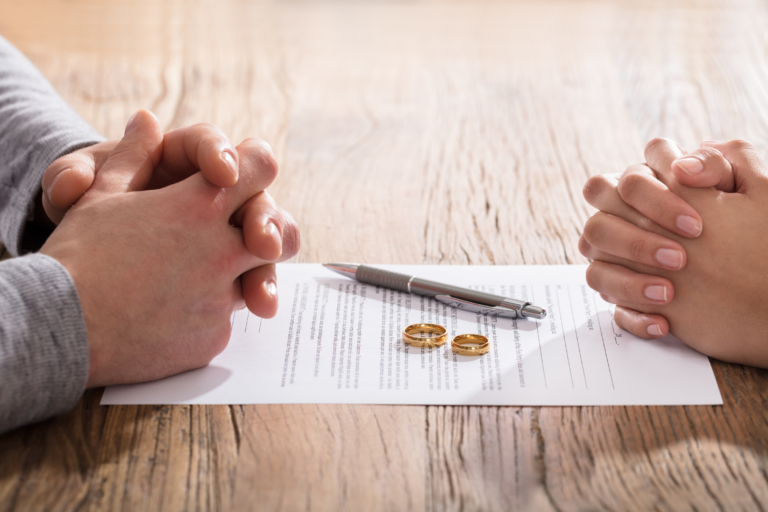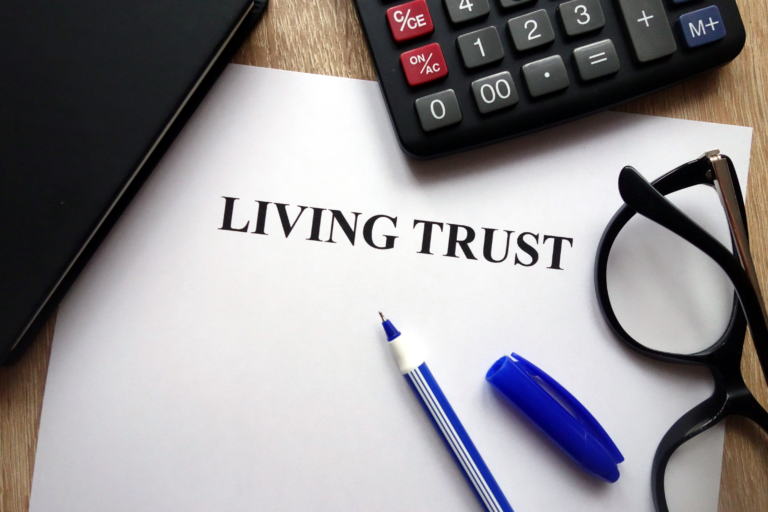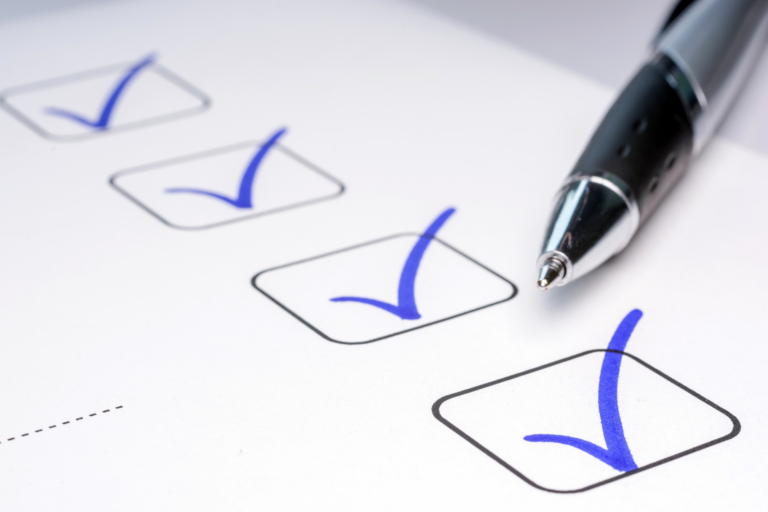When someone dies owning assets in Florida, the deceased’s estate will likely go through probate. The first element to determine whether an estate must go through probate is to separate probate assets from non-probate assets.
Read on to discover which assets are subject to probate in Florida.
Probate Assets vs. Non-Probate Assets – An Overview
If an asset was owned solely in the decedent’s name at the time of his or her death, it is subject to probate. The simplest way to identify which assets are subject to probate is to list those which are not probate assets:
- Real estate property owned in joint tenancy
- Real estate property owned in tenancy by the entirety
- Assets held in a trust (revocable or irrevocable)
- Retirement accounts
- Payable-on-Death (POD) accounts
- Transfer-on-Death (TOD) accounts
- Life insurance or brokerage-related accounts listing any beneficiary that is not the decedent
- Bank/brokerage accounts held in joint tenancy
Additionally, Florida Statutes §732.402 (2) specifies that “exempt property shall consist of:
- Household furniture, furnishings, and appliances in the decedent’s usual place of abode up to a net value of $20,000 as of the date of death
- Two motor vehicles as defined in s. 316.003, which do not, individually as to either such motor vehicle, have a gross vehicle weight in excess of 15,000 pounds, held in the decedent’s name and regularly used by the decedent or members of the decedent’s immediate family as their personal motor vehicles
- All qualified tuition programs authorized by s. 529 of the Internal Revenue Code of 1986 (…)
- All benefits paid pursuant to s. 112.1915″ (specific types of death benefits)
Depending on the circumstances, the heirs entitled to non-probate assets are those named as beneficiaries by the decedent, the decedent’s surviving spouse, or the decedent’s next of kin (if there is no surviving spouse).
What Assets Are Subject to Probate in Florida? – The Verdict
Typically, the greater the percentage of an estate is formed by probate assets, the greater the need for probate. Probate assets include:
- Real property titled solely in the decedent’s name
- Real property owned in a tenancy in common
- Bank accounts titled solely in the decedent’s name
- Ownership of business shares (e.g., profit shares in an LLC, partnership, or corporation)
- Life insurance policies or brokerage accounts listing only the decedent or its estate as beneficiaries
- Personal assets not exempt under Fla. Stat. §§732.402
If a deceased’s estate subject to probate is worth less than $75,000, it may qualify for summary administration (an expedited form of probate).
Conversely, if the value of a deceased’s estate subject to probate exceeds $75,000, it must go through formal administration. Formal administration is the “default” form of probate in Florida. Depending on the complexity of a case, it may require six months to complete.
Is Florida Homestead Property a Probate Asset?
A recurrent debate is whether Florida homestead property is treated as a probate asset. If the decedent held his or her primary residence in Florida and the property meets the homestead requirements, the decedent’s surviving spouse or minor child may inherit it.
However, homestead property does not necessarily avoid probate, as it is generally considered a probate asset in Florida courts. As it is plain to see, this is a complex subject that requires further professional guidance.
Waste no Time with Uncertainty – Contact Your Florida Probate Lawyer Today
Probate does not need to be a stressful experience. Contact Attorneys Romy B. Jurado and Diana C. Collazos today by calling (305) 921-0976 or emailing [email protected] to schedule a consultation.






